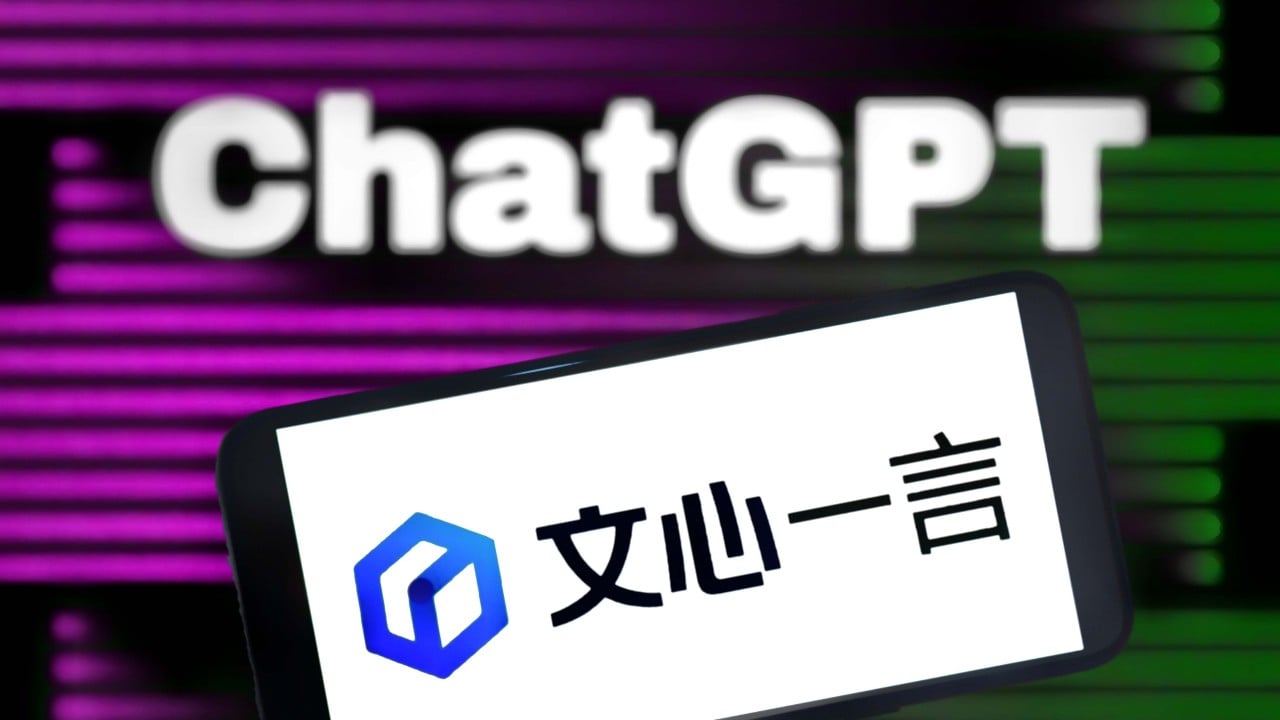The philosophy, along with other selected cyberspace themes that are aligned with the official government narrative, make up the core content of the LLM, according to a post published on Monday on the WeChat account of the administration’s magazine.
“The professionalism and authority of the corpus ensure the professional quality of the generated content,” the administration said in the post.
According to the post, the model can meet “a wide range of users needs” and can answer questions, outline reports, summarise information, and translate between Chinese and English.
Unlike other systems, the LLM is built on a select knowledge base with locally generated data and is not open-sourced, meaning the model is “secure and reliable”, according to the administration.
Demonstrations offered in the post suggested the answers were sourced from a fixed pool of Chinese official documents and outlets.
For example, suggested questions for the application included the differences between traditional productive forces and new productive forces – a trending buzzword used by Beijing to handle recent economic challenges, or “outline a report on the current state of AI development”.
The system was “deployed exclusively on the servers of the China Cyberspace Research Institute, where all data is processed locally, ensuring a high level of security”, the post said, adding that it was based on pre-trained, government-approved language models.
The model was still undergoing internal testing and was not yet available for public use, but it was open to “designated users by invitation”, the administration said.
The limited launch comes as Beijing tries to use artificial intelligence to drive economic growth while maintaining strict regulatory control over cybersecurity.
The general office of the Communist Party’s decision-making Central Committee issued a national notice in February urging compulsory learning activities for all party members to better acquaint them with Xi Jinping Thought.
The notice also ordered party groups to encourage members to help the party further dominate China’s cyberspace to ensure “positive energy” remained the dominant trend in national internet traffic.








